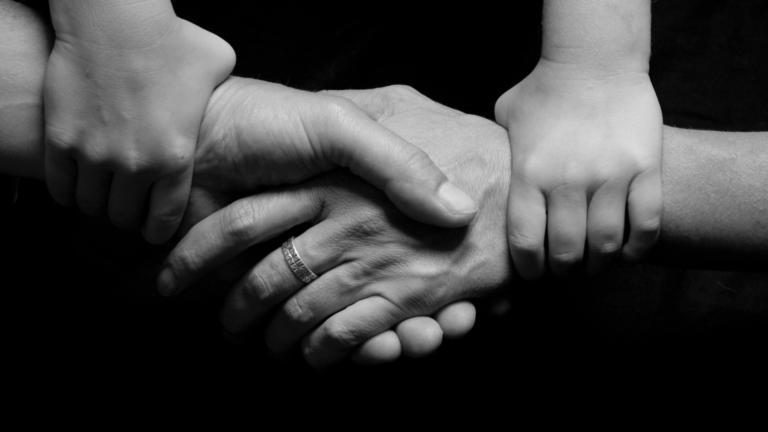Throughout our lives, we often find ourselves unable to fulfill promises or commitments made to our family, friends, or acquaintances. Some individuals may openly communicate their challenges, while others keep their struggles to themselves. These situations can inflict emotional pain or stress upon our loved ones, and their reactions may vary, ranging from immediate responses to delayed ones. Such occurrences have the potential to create rifts in our relationships. However, if those close to us can empathize and put themselves in our shoes, they are more likely to understand our predicaments.
Unpacking the Consequences
Numerous relationships, at various stages, may experience strain or even rupture due to these circumstances. Why do these situations crop up in everyone’s life? The answer lies in the uniqueness of each person’s life journey. From birth, our individual experiences shape our perspectives, and even at the tender age of five or earlier, we begin to assess situations based on our limited understanding. While our reactions may initially involve tears or tantrums, they evolve as we mature and interact with diverse individuals. The repercussions of these evaluations can be profound:
- Nurturing Anger: Developing anger towards someone in varying situations can serve as the root cause for subsequent hurtful actions.
- Creating Distance: It may result in the creation of emotional distance or even permanent rifts in relationships.
As the saying goes, “Small drops of water can create a big ocean,” suggesting that these seemingly minor reactions can accumulate over time, significantly affecting our relationships.
Paths to Personal Improvement
Cultivating and maintaining healthy relationships are paramount for personal growth and a fulfilling life. Such connections not only alleviate stress but also provide a support system during challenging times, ultimately contributing to a better quality of life.
Here are a few strategies to consider for improving relationships and evaluating situations effectively:
- Open Communication: Engage in face-to-face conversations with relevant parties to discuss your evaluations and gain a deeper understanding of one another’s perspectives.
- Empathetic Perspective: Put yourself in their shoes during evaluations, acknowledging that everyone’s priorities and experiences differ.
- Prioritize Relationships: Remind yourself of the significance of relationships and be willing to forgive and move forward with a positive outlook.
In Conclusion
Each person’s life journey is unique, and what may seem right to one individual can differ vastly from another’s viewpoint. To foster understanding, we must endeavor to empathize and place ourselves in their circumstances. In such instances, labeling someone as “wrong” becomes less relevant. It’s crucial to recognize that both the situation at hand and the community in which it occurs play pivotal roles in shaping our reactions.
Evaluating situations for personal betterment is essential, but it hinges on how we are perceived by others. Regardless of the circumstances, taking a positive approach to maintain relationships through forgiveness and understanding is a constructive way to navigate the uncertainties of life, as our time on this earth remains unknown.




